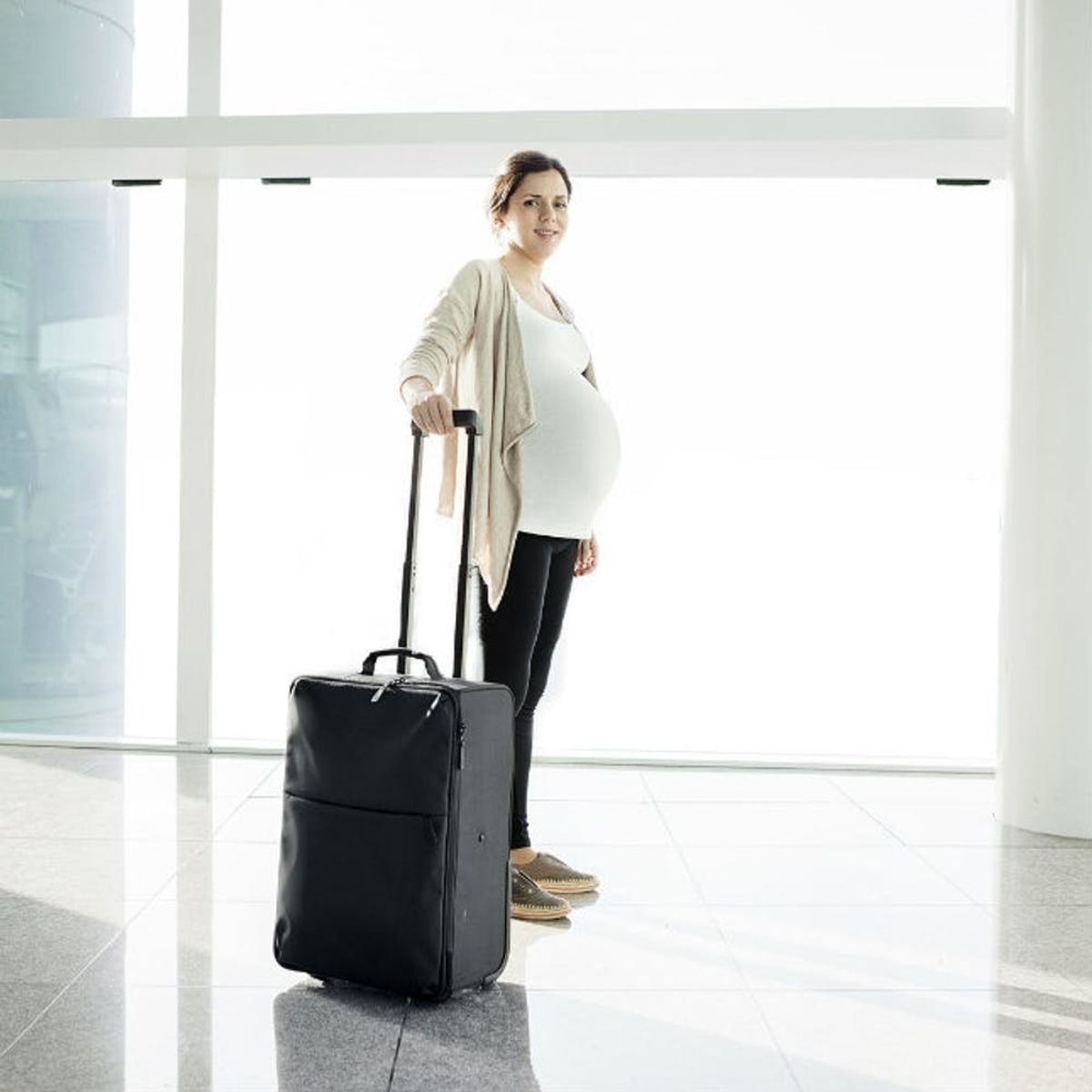Travel on, friends.
What Millennials *Really* Think About Zika + How to Protect Yourself

Summer may be winding down, but some of us are still heading southward for an extended beach vacation. But sadly, South and Central America and the Caribbean have been the hardest hit by the devastating Zika virus (Olympic city Rio already had 26,000 cases in March, and Miami had five total confirmed cases). With the horrible effects of Zika filling up our Facebook newsfeed this year, you may think that it could be derailing some of these travel plans. But, according to a new survey from Responsible Industry for a Sound Environment (RISE), that’s not quite the case.
The study found that 95 percent of US adults still plan to hit the road, despite concerns about the mosquito-transmitted Zika virus. Though the Zika virus has little to no effect on most healthy adults (that we know of yet), it can cause serious issues for pregnant or soon-to-be pregnant women. So it’s extra surprising that the survey also found that 94 percent of millennials (18-34 years old) say they won’t change their travel plans, since the average age of first-time mothers in the US is 26 years old.
RISE also found that people are planning on taking fairly simple steps to stay protected, including wearing insect repellent and keeping doors and windows closed so Aedes mosquitoes, the species that can spread the Zika virus, can’t live in their preferred indoor environment.
While these steps are great first moves, Karen Reardon, vice president of public affairs for RISE, has a few more in-depth options for preventing the spread of the Zika virus.
4 Ways to Avoid Getting Zika
1. Add insect repellent and protective clothing to your packing list. “EPA-approved repellents containing DEET are recommended by the Centers for Disease Control and Prevention (CDC) and proven to prevent mosquito bites — and can be used on kids ages two months and older. If you’re flying to your destination, pack repellent in your checked bag, or find options that meet TSA regulations,” Karen says. A trip to an outdoorsy store may be in order too, regardless of where you’re heading. “Wear light-colored clothing and cover up with long sleeves and pants. Also, consider repellent-treated clothing, which is treated with Environmental Protection Agency (EPA)-approved pesticides.” Karen recommends.
2. Consistently put up personal barriers. Karen gives this advice to travelers: “Remember, while many mosquitoes are particularly active during dawn and dusk hours, Aedes mosquitoes bite all day long and can bite up to 12 people during that time.” So put on the repellent throughout the day. Also, Zika can be sexually transmitted, so use condoms.
3. Eliminate standing water. As Zika has reportedly hit Miami, it’s important to protect your US home against the mosquito-borne virus too.“Aedes mosquitoes can breed in water trapped in containers as small as a bottle cap. Survey your home for possible areas of water collection — tire swings, buckets, bottles, clogged rain gutters, birdbaths, pet bowls, toys, flowerpot saucers, wading pools and more. All of these water catchers attract mosquitoes and give them a place to breed,” Karen says.
4. Check mosquito precautions before checking in. “Ask if your hotel is working with a licensed professional and when they’ll be treating for mosquitoes. Survey your hotel room when you arrive and ask to have any holes in screens on window and doors sealed, as Aedes mosquitoes can breed and live indoors, including your beach-front destination. Look for any standing water and ask to have it removed since Aedes can breed in small amounts of water.” Yeesh.
Thinking about canceling your summer travel plans due to concerns over Zika? Tweet us @BritandCo!
(Photos via Getty)












